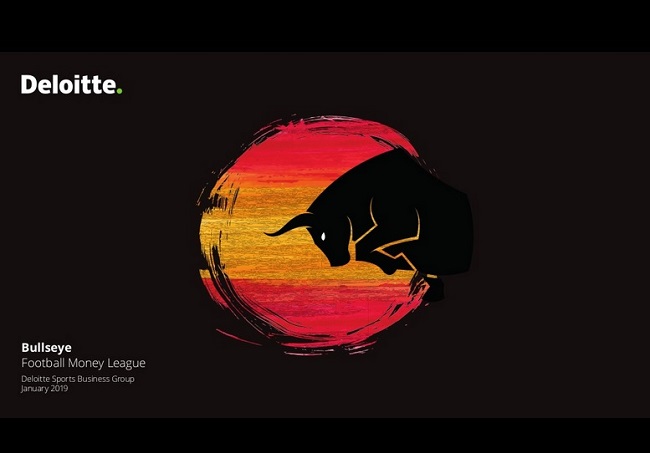
The problem of multiple ownerships that began in the mid-90s still remains in the football industry. Even with previous UEFA commissioners arguing about the potential for match rigging, there are still many owners that own several football clubs. Running several clubs offers a more centralized and affordable system, but the legal ramifications and conflicts of interest have been noted.
Multiple ownership also could impact football fans, with many reasoning that local fans ownership is one way to deter corruption within the league. If UEFA agrees to sell shares locally to fans of teams, a sense of guardianship could legitimize current business ventures in the football industry.

